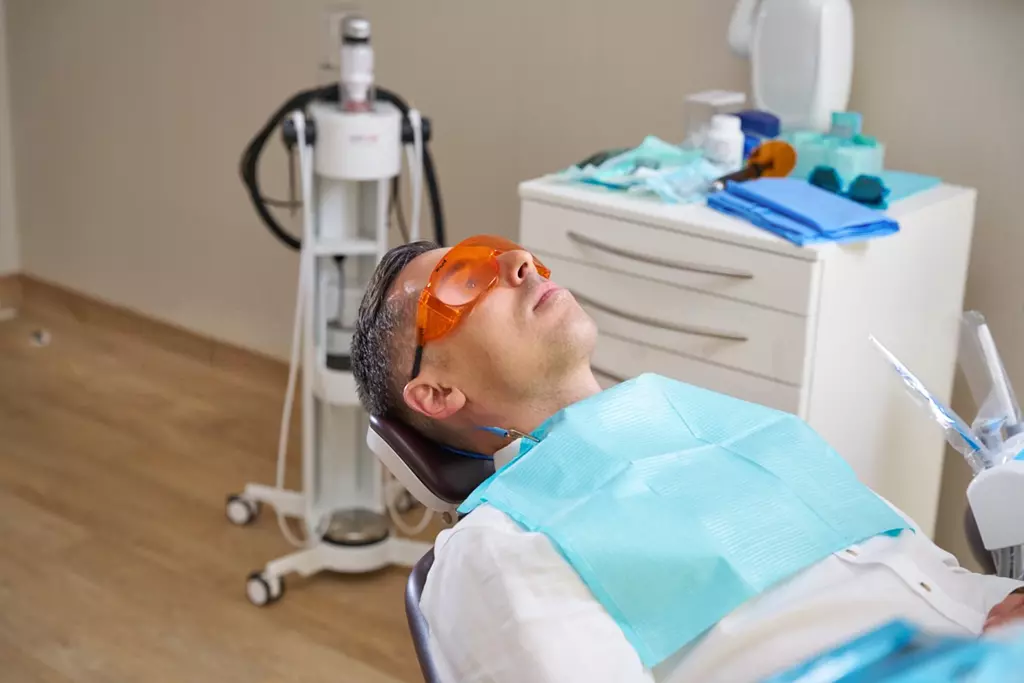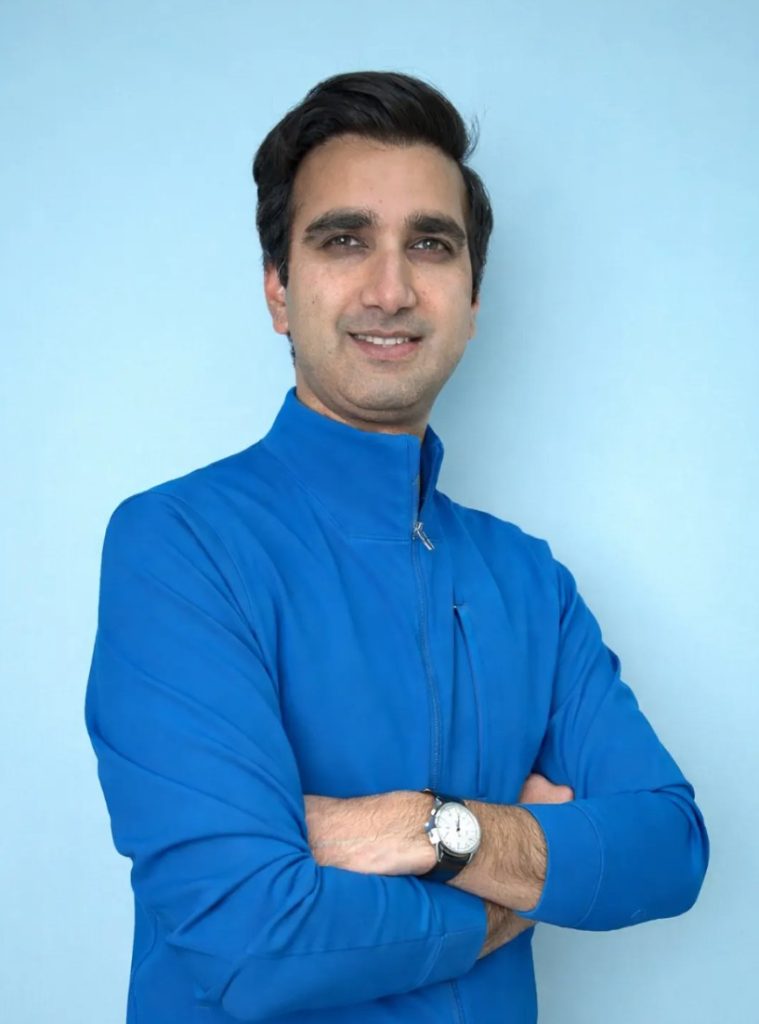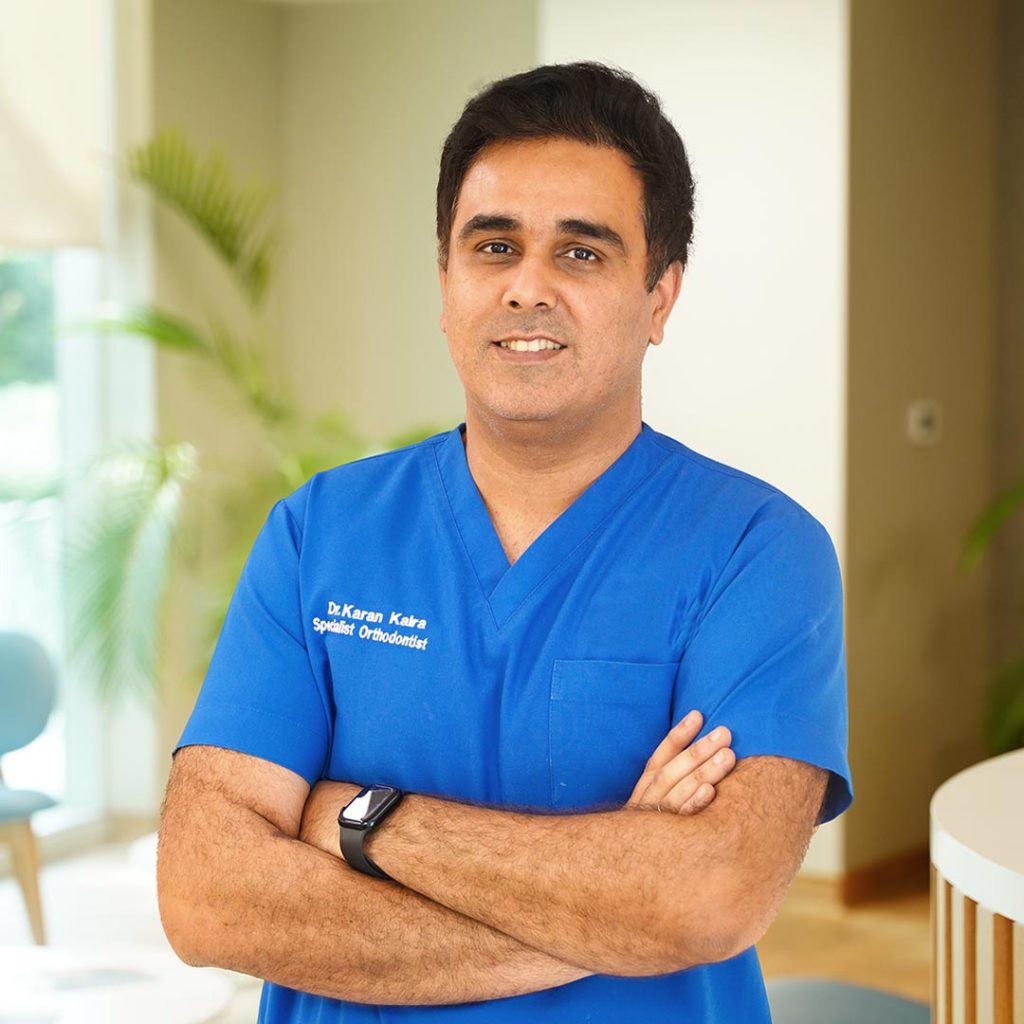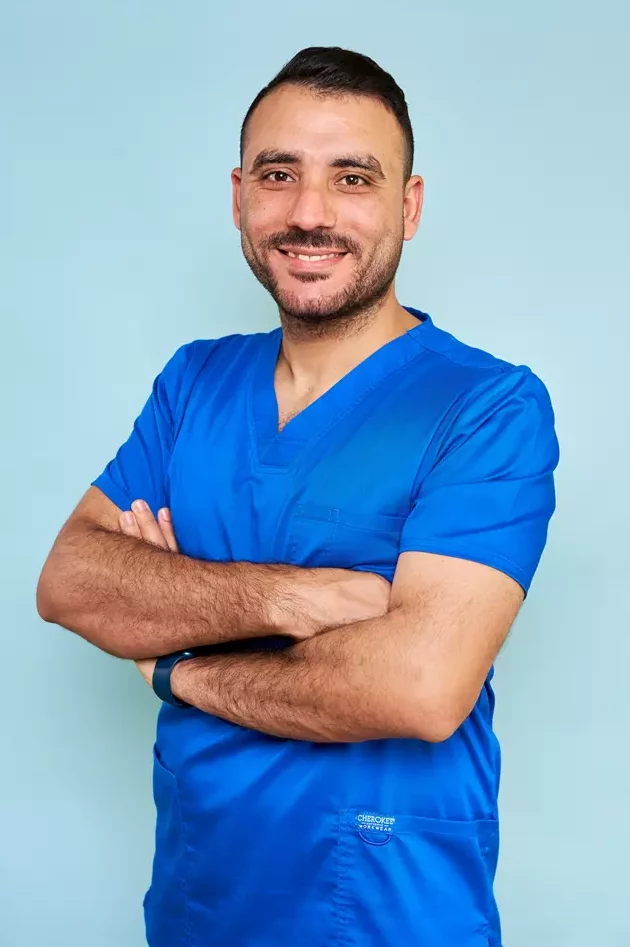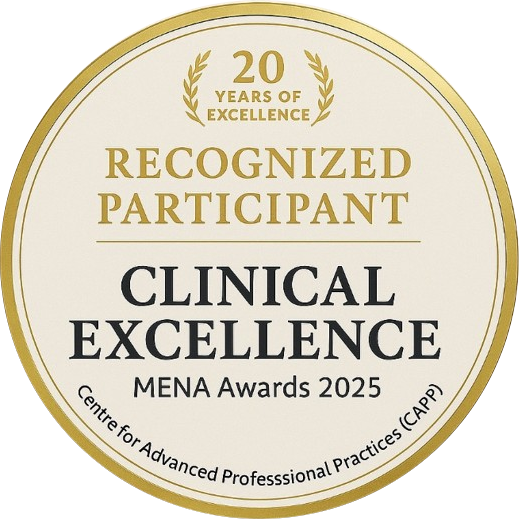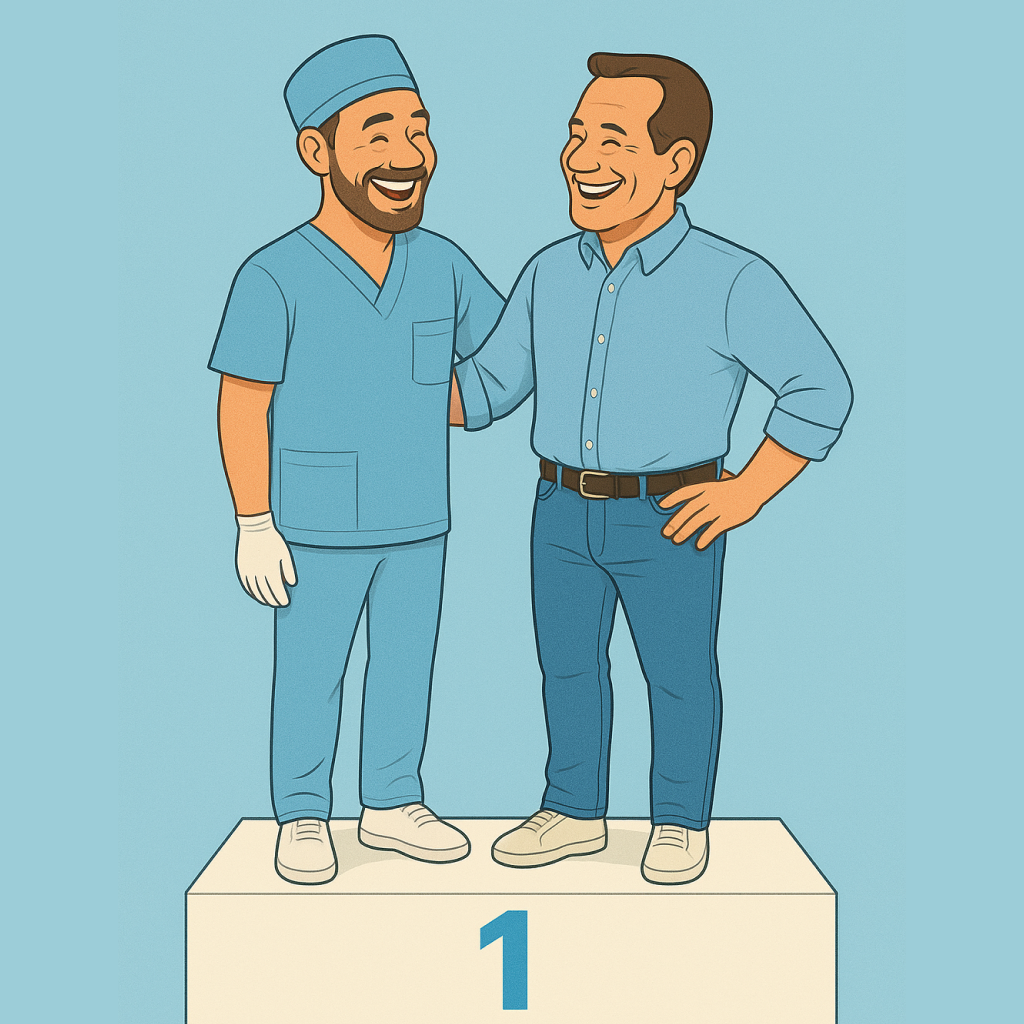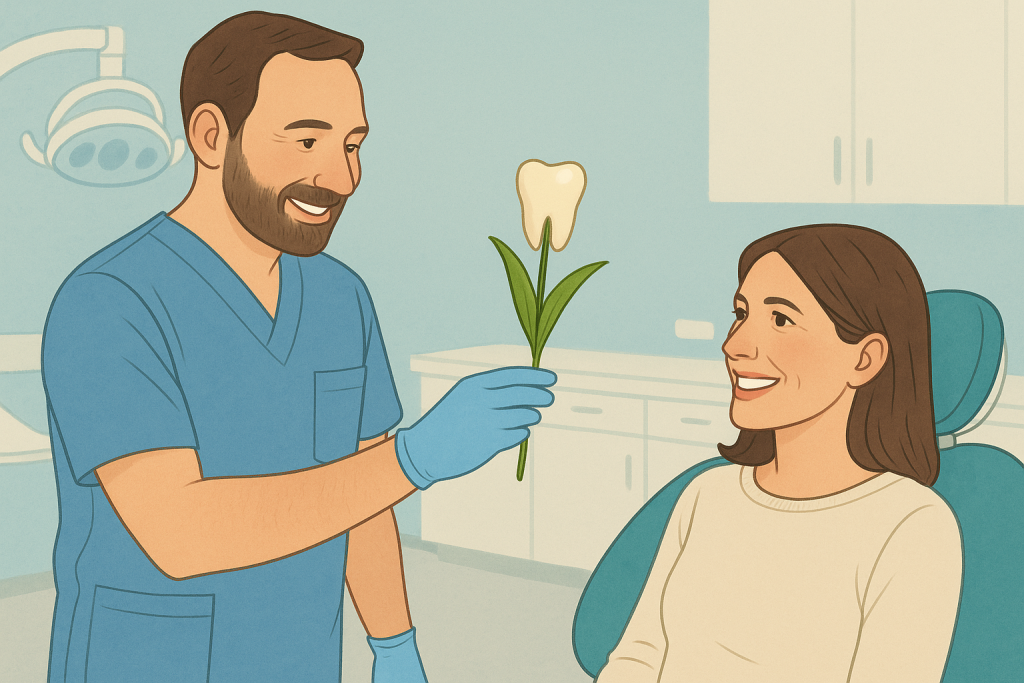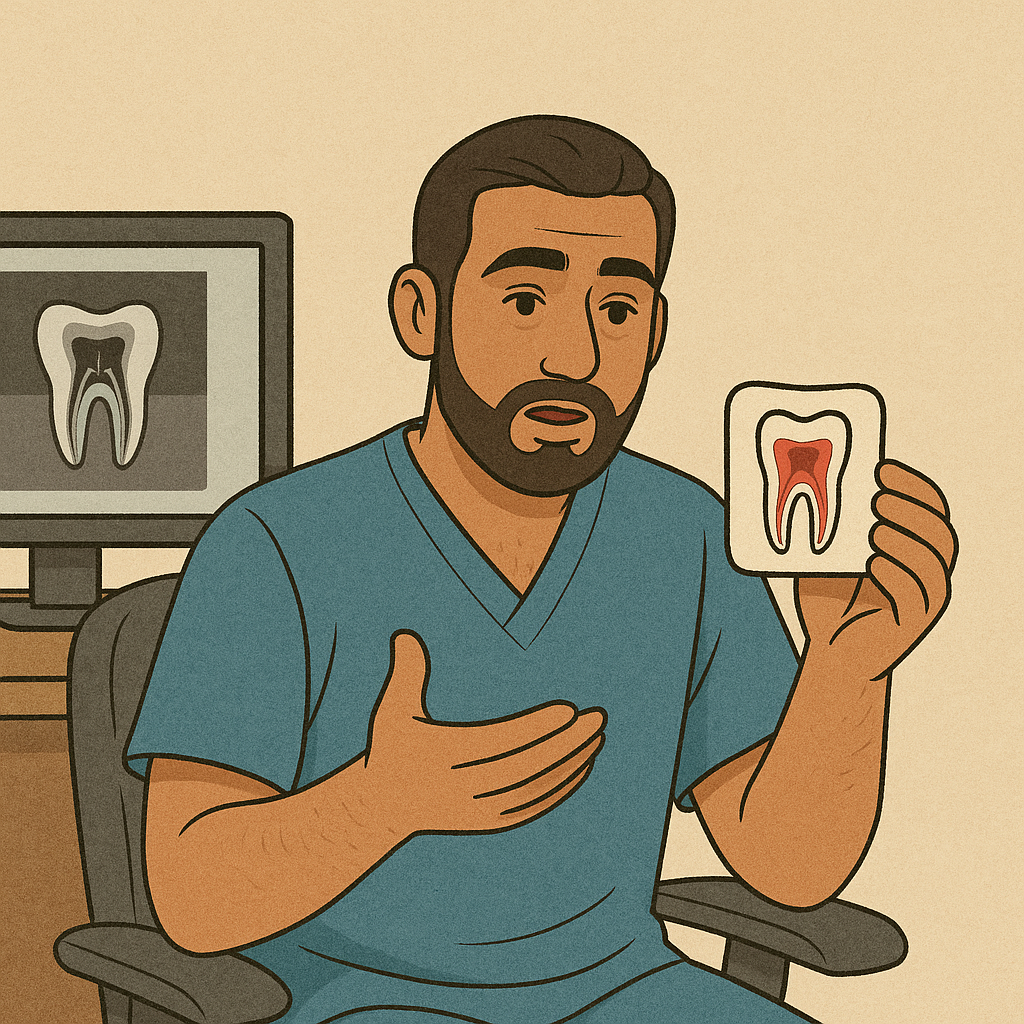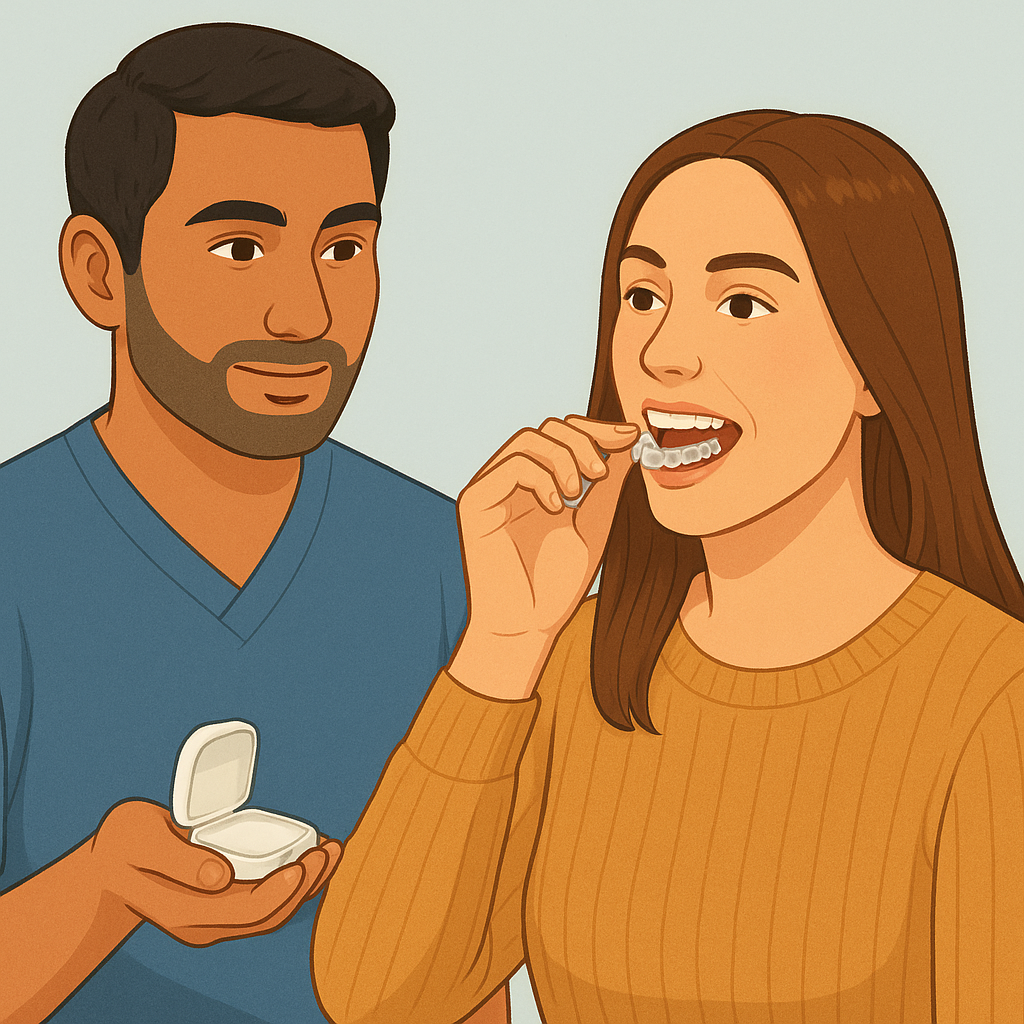Understanding When, Why, and How We Remove Impacted Wisdom Teeth
Many patients arrive unsure whether the pressure or soreness they feel is temporary or a sign of a deeper issue. They often mention swelling near the jaw, gum irritation, pain radiating toward the ear, difficulty opening their mouth fully, or recurring inflammation behind the molars. These symptoms commonly point to impacted or partially erupted wisdom teeth.
When a wisdom tooth is unfavourably positioned or cannot erupt completely, it may affect neighbouring teeth, the jawbone, nerves, and surrounding soft tissues. In such cases, a surgical extraction becomes the most effective way to prevent future complications.
At our clinic on Al Reem Island, we treat every case with careful planning, advanced imaging, and a focus on long-term oral stability.
What Is a Surgical Wisdom Tooth Extraction?
A surgical wisdom tooth extraction is performed when the molar:
• is impacted within the jawbone
• erupts only partially
• grows at an angle
• lies close to the sinus or major nerves
• is covered by bone
The procedure may include:
• creating a small gum flap
• accessing the tooth by removing minimal bone
• sectioning the tooth into smaller pieces
• gently extracting each section
• irrigating and disinfecting the site
• placing sutures to support healing
This approach protects surrounding tissues and allows for predictable removal, even in complex cases.
Why We Recommend Removing Problematic Wisdom Teeth
We recommend removal only when necessary, but several conditions make extraction the safest option.
Impacted Teeth
Impacted molars can press on neighbouring teeth or remain trapped in the bone, causing damage over time.
Recurrent Infections
Partially erupted wisdom teeth create a pocket where bacteria accumulate, leading to repeated swelling and discomfort.
Tooth Decay or Gum Disease
The area behind the second molars is difficult to clean effectively, increasing the risk of decay and gum disease.
Orthodontic or Alignment Concerns
Wisdom teeth can influence tooth movement and may affect the stability of orthodontic treatments.
Cyst Formation
Impacted teeth can occasionally cause cysts or other pathological changes in the jawbone.
Removing the tooth early helps protect the long-term health of surrounding teeth.
Common Symptoms That May Indicate a Problem
Symptoms that may suggest the need for surgical removal include:
• pain at the back of the mouth
• swollen, red, or bleeding gums
• difficulty opening your mouth
• persistent bad taste or bad breath
• swelling near the jawline
• discomfort when chewing
• shifting or crowding of teeth
• visible signs of infection
If these symptoms sound familiar, a consultation for wisdom tooth extraction in Abu Dhabi may be the right next step.
How We Plan Your Surgical Extraction
Every extraction begins with a thorough diagnostic process.
1. Medical and Dental History
We review general health, medications, previous extractions, and any experience with anaesthesia or sedation to ensure a safe plan.
2. Clinical Examination
We assess the gums, jaw movement, tenderness, and visible signs of impaction.
3. Digital Imaging
We use digital X-rays and CBCT scans to analyse:
• tooth position
• root shape
• proximity to the inferior alveolar nerve
• bone density
• sinus involvement
• expected surgical complexity
During this stage, we also discuss the wisdom tooth extraction price.
What to Expect During Surgical Wisdom Tooth Removal
All procedures at TRUE SMILE take place in a sterile, private surgical room with modern technology and patient-centred anaesthesia options.
Anaesthesia Options
Depending on your needs, anxiety level, and medical background, we offer:
• local anaesthesia
• conscious sedation
• general anaesthesia
Surgical Procedure
Once numb or sedated, your surgeon will:
• make a small incision to access the tooth
• remove minimal bone if needed
• section the tooth into smaller pieces
• remove each piece gently and safely
• clean and irrigate the site
• place sutures to support healing
Most surgical wisdom tooth extractions take 30–60 minutes.
Aftercare and Recovery
Recovery is typically smooth when instructions are followed carefully.
First 24 hours
Mild swelling, light bleeding, and discomfort are normal. Stick to soft foods and rest.
Days 2–3
Swelling may peak. Pain is usually well-controlled with medication.
Week 1
Most routine activities resume. Non-dissolving stitches are removed.
Weeks 2–4
Soft tissue heals completely.
Months 2–6
Bone healing continues. We schedule a follow-up to ensure full recovery.
Understanding the Cost of Surgical Wisdom Tooth Extraction in Abu Dhabi
The cost varies based on tooth position, impaction level, imaging needs, and the chosen anaesthesia method.
At TRUE SMILE, the surgical wisdom tooth extraction price typically includes:
• consultation and detailed examination
• digital X-ray or CBCT
• surgeon’s time and materials
• sedation or anaesthesia (if selected)
• post-operative medications
• follow-up appointments
We believe in clear, transparent pricing so you know exactly what to expect.
Who Typically Needs Surgical Wisdom Tooth Removal?
You may benefit from our expertise if:
If your wisdom teeth have not fully erupted, if you are dealing with repeated gum infections, or if an orthodontist has identified potential crowding risks, it may be time to consider a specialist evaluation. Many patients also report discomfort when chewing or opening their mouth wide, or learn that their tooth roots lie close to the mandibular nerve — a factor that requires careful surgical planning. Wisdom teeth positioned horizontally or mesially often create additional pressure on neighbouring teeth and the jawbone. And if you simply want a trusted second opinion in Abu Dhabi, a comprehensive assessment can help you understand your options clearly and confidently.
Many patients choose TRUE SMILE for predictable, safe wisdom tooth surgery with modern imaging and experienced surgeons.
Our Surgical Approach at TRUE SMILE
We are proud to offer:
• Oral surgeons with thousands of successful cases
• Detailed CBCT-guided planning
• Multilingual team (English, Arabic, Russian, Portuguese)
• On-site 3D imaging for same-day diagnostics
• Sterile surgical suites and private recovery rooms
• A focus on long-term oral stability and patient comfort
Our approach is especially supportive for anxious patients. We take time to explain, reassure, and guide every step.

